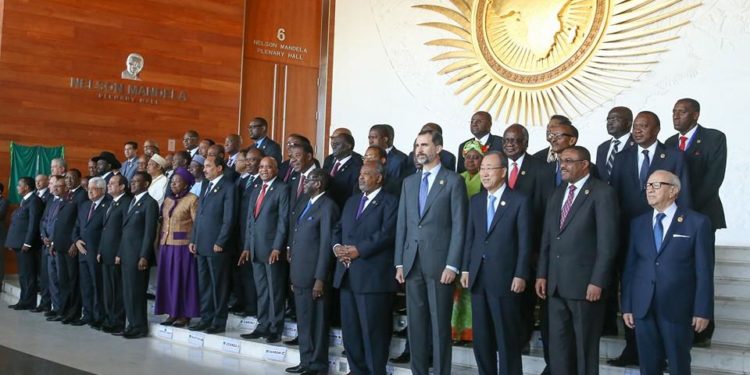Even with the AU agreement to create a criminal chamber in the African Court of Justice and Human Rights, the attempt to replace the International Criminal Court on the continent remains a bridge too far.
In February 2016, Ghana, Sierra Leone and Sao Tome & Principle became the latest of eight African states to sign the agreement to create a chamber that would try at least 14 new crimes at the African Court of Justice and Human Rights.
The Protocol on amendments to the Statute of the African Court of Justice and Human Rights, also known as the Malabo Protocol – named after the city in which it was adopted in 2014, has so far been signed by Benin, Kenya, Congo, Guinea Bissau and Mauritania but it has not been ratified by any of the 54 states that make up the African Union.
For the amendment to come into force, the protocol has to be signed and ratified by at least 15 states. Adoption of the Malabo Protocol has run into headwinds because of perceived doublespeak at the African Union on tackling impunity. Although the proposed criminal chamber will be allowed to prosecute a wider scope of crimes than the ICC, concerns have been raised about the provisions for immunity against prosecution for heads of state and government. Important questions continue to be raised about the court’s capacity to deliver justice, considering that its earlier precursors – the African Court of Justice and the African Court of Human Rights – never took off because of resource challenges.
The European Union has been quoted in an Amnesty International report, “Amnesty International: Report 2014/15 The State of The World’s Human Rights” as saying it will not fund the new court as long as it provides heads of state with immunity from prosecution.






